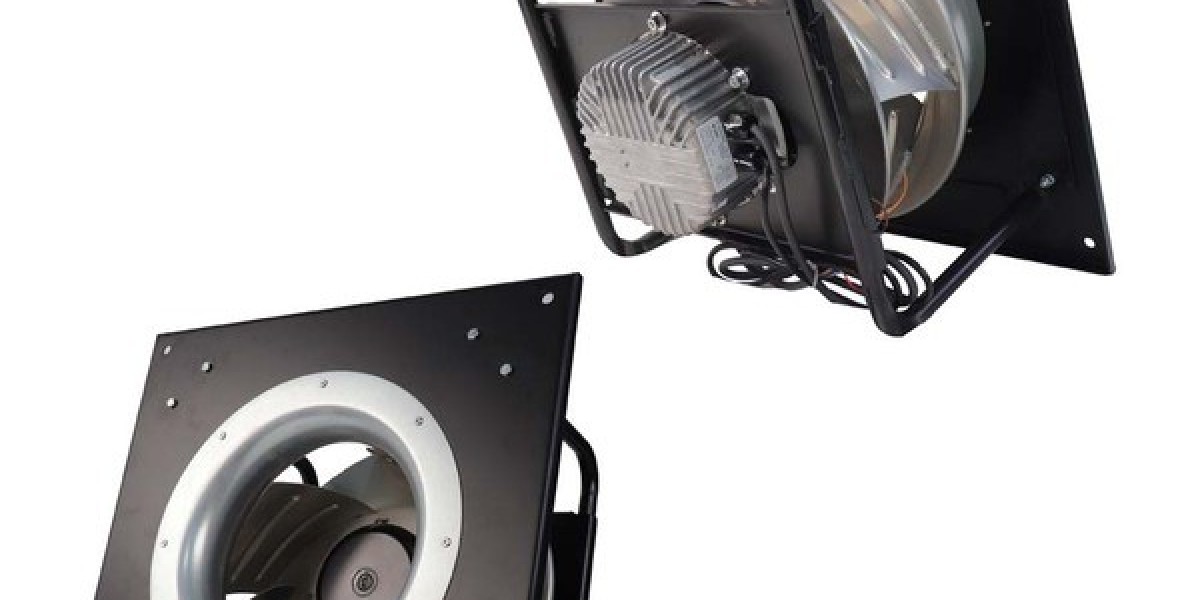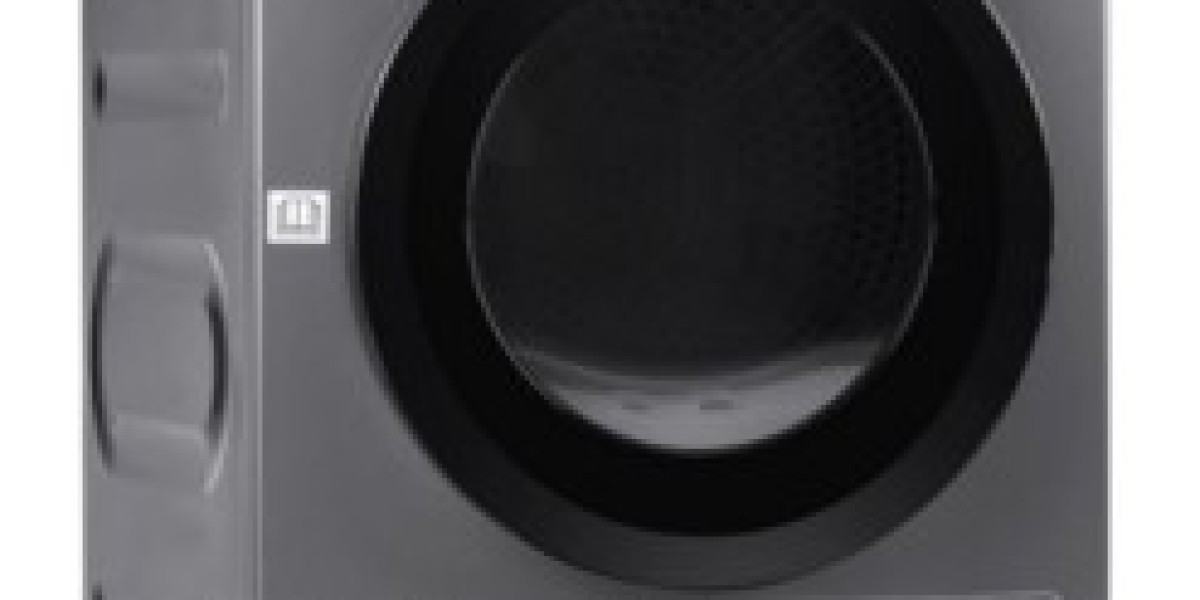In today’s fast-paced and highly competitive hospitality industry, technology is no longer a luxury — it’s a necessity. One of the most transformative tools reshaping the way hotels operate is the Hotel Management System (HMS). Whether it's a boutique inn, a luxury resort, or a bustling city hotel, a well-integrated HMS is key to streamlining operations, enhancing guest experiences, and maximizing profitability.
What is a Hotel Management System?
A Hotel Management System is a software platform that automates and simplifies various aspects of hotel operations. It typically includes modules for:
Reservations & Front Desk Operations
Housekeeping Management
Billing & Invoicing
Customer Relationship Management (CRM)
Channel Management (e.g., connecting to online booking platforms like Booking.com or Expedia)
Analytics & Reporting
Modern HMS platforms are often cloud-based, offering scalability, remote access, and integration with other hospitality technologies.
Key Benefits of a Hotel Management System
1. Efficiency Through Automation
From booking to check-out, HMS automates routine tasks — reducing human error and freeing up staff to focus on guest satisfaction. Features like auto-confirmation emails, room status updates, and real-time availability make hotel operations more efficient.
2. Enhanced Guest Experience
A seamless booking process, personalized service based on guest history, and faster check-ins create a better overall experience. Many HMS platforms integrate with loyalty programs and allow custom guest preferences to be saved and recalled.
3. Real-Time Analytics & Insights
Access to real-time data on occupancy rates, revenue, and guest behavior helps managers make informed decisions. These insights can drive smarter pricing strategies and improve marketing efforts.
4. Centralized Control for Multi-Property Management
For hotel chains or groups, an HMS allows centralized control of multiple properties. This ensures consistency in operations and reporting across all locations.
5. Improved Revenue Management
With dynamic pricing tools and integration with revenue management systems (RMS), an HMS helps optimize room rates based on demand, competition, and other market factors.
Cloud vs. On-Premise Systems
Traditionally, HMS platforms were installed locally on hotel servers (on-premise). Today, cloud-based solutions are gaining popularity due to:
Lower upfront costs
Automatic updates
Remote access
Greater scalability
However, some large or high-security properties still prefer on-premise systems for more control over data.
Choosing the Right HMS: Key Features to Look For
When selecting a hotel management system, consider the following features:
User-friendly interface: Easy for staff to learn and operate
Mobile accessibility: Manage operations on-the-go
Customizable reports: Tailored to your specific KPIs
Third-party integrations: With payment gateways, POS, booking engines, etc.
Guest communication tools: SMS, email, or app notifications
Some popular HMS platforms in 2025 include Opera Cloud, Cloudbeds, eZee Absolute, RoomRaccoon, and Hotelogix.
Final Thoughts
As the hospitality industry evolves, staying ahead means embracing technology that enhances both efficiency and the guest experience. A robust Hotel Management System is no longer optional — it’s a cornerstone of modern hotel operations. Whether you're upgrading your legacy system or launching a new property, choosing the right HMS can drive growth, improve guest satisfaction, and future-proof your business.






